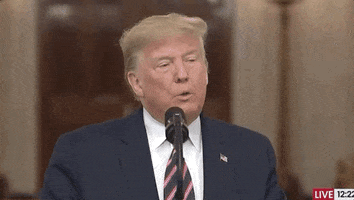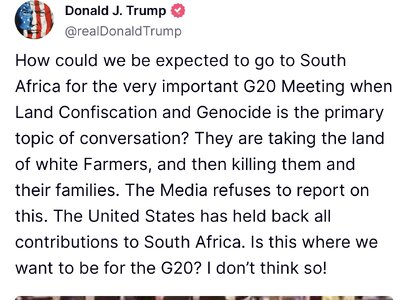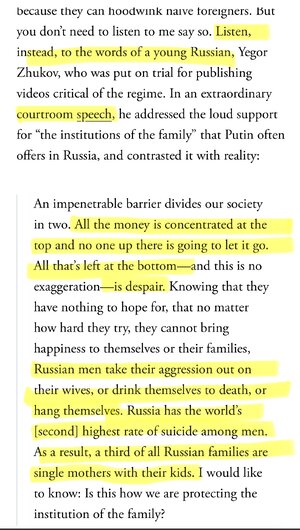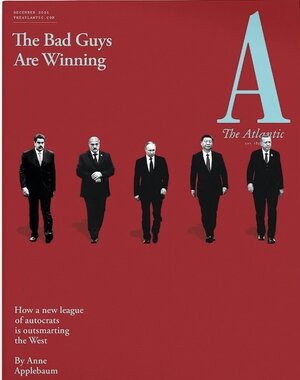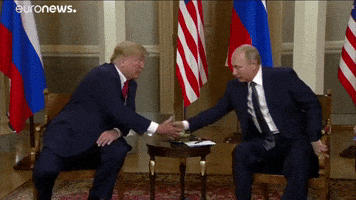- Messages
- 37,911
Binance Seeks to Curb U.S. Oversight While in Deal Talks With Trump’s Crypto Company
Executives for the cryptocurrency exchange met with Treasury officials last month after the company entered into talks with a Trump family venture
“… The Binance executives asked Treasury officials in Washington to remove a U.S. monitor that oversees the exchange’s compliance with anti-money-laundering laws, some of the people said. The move would mark a first step toward returning the company, which in 2023 pleaded guilty to violating those laws, to the U.S. market.
Binance has also been in talks to list a new dollar-pegged cryptocurrency from World Liberty Financial, a crypto venture backed by President Trump’s family, other people familiar with the discussions said.
Listing the token, known as a stablecoin, could catapult it into a huge market and potentially bring in billions in profit for the family.
Those dealings mark the progression of a growing alliance between the Trump family and Binance, the world’s largest cryptocurrency exchange, which paid a record $4.3 billion fine for allowing terrorists, drug traffickers and sanctioned actors to move billions of dollars through its exchange.
The Treasury talks took place after Binance had already begun discussing deals with representatives of the Trump family. …”

